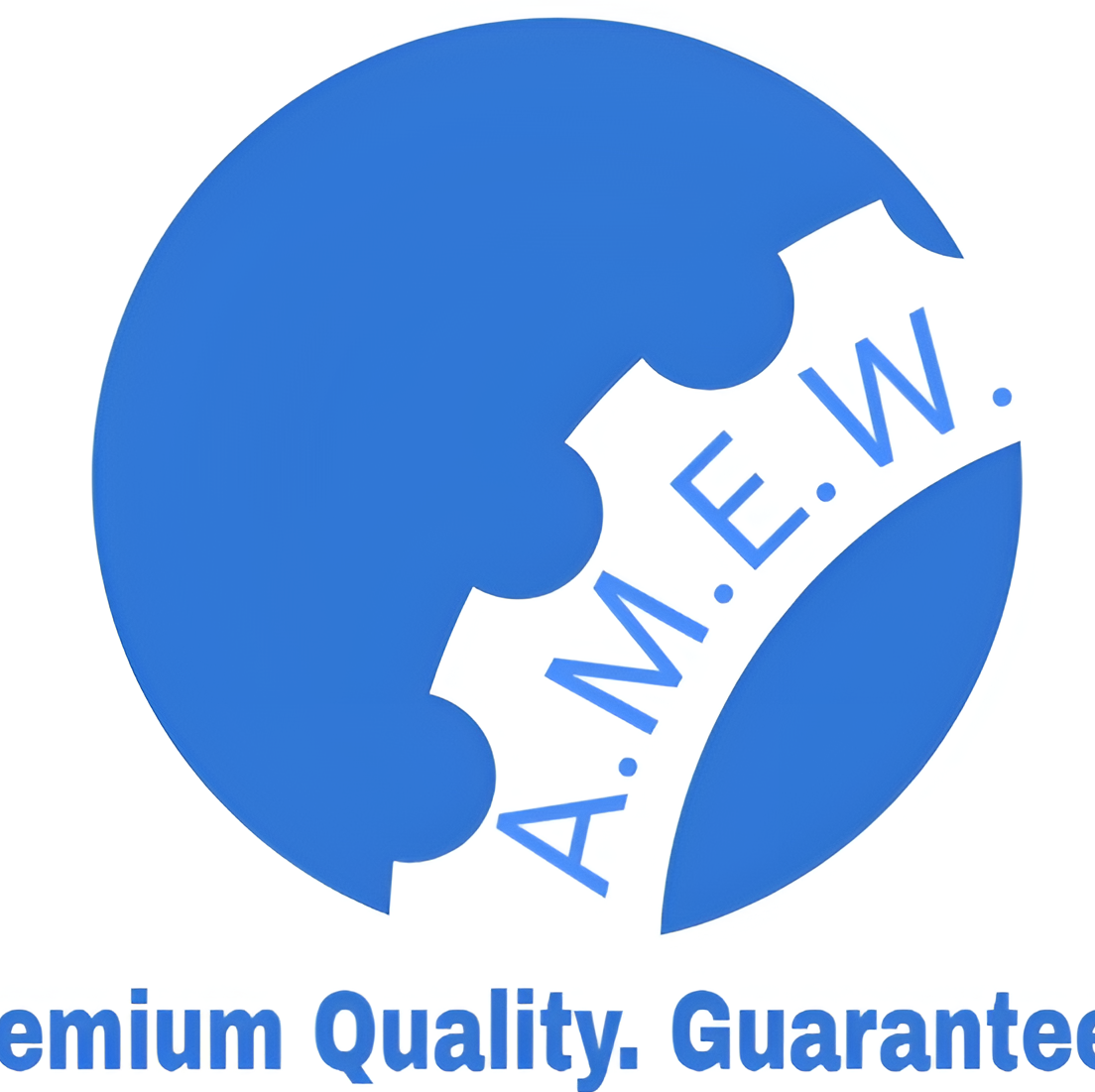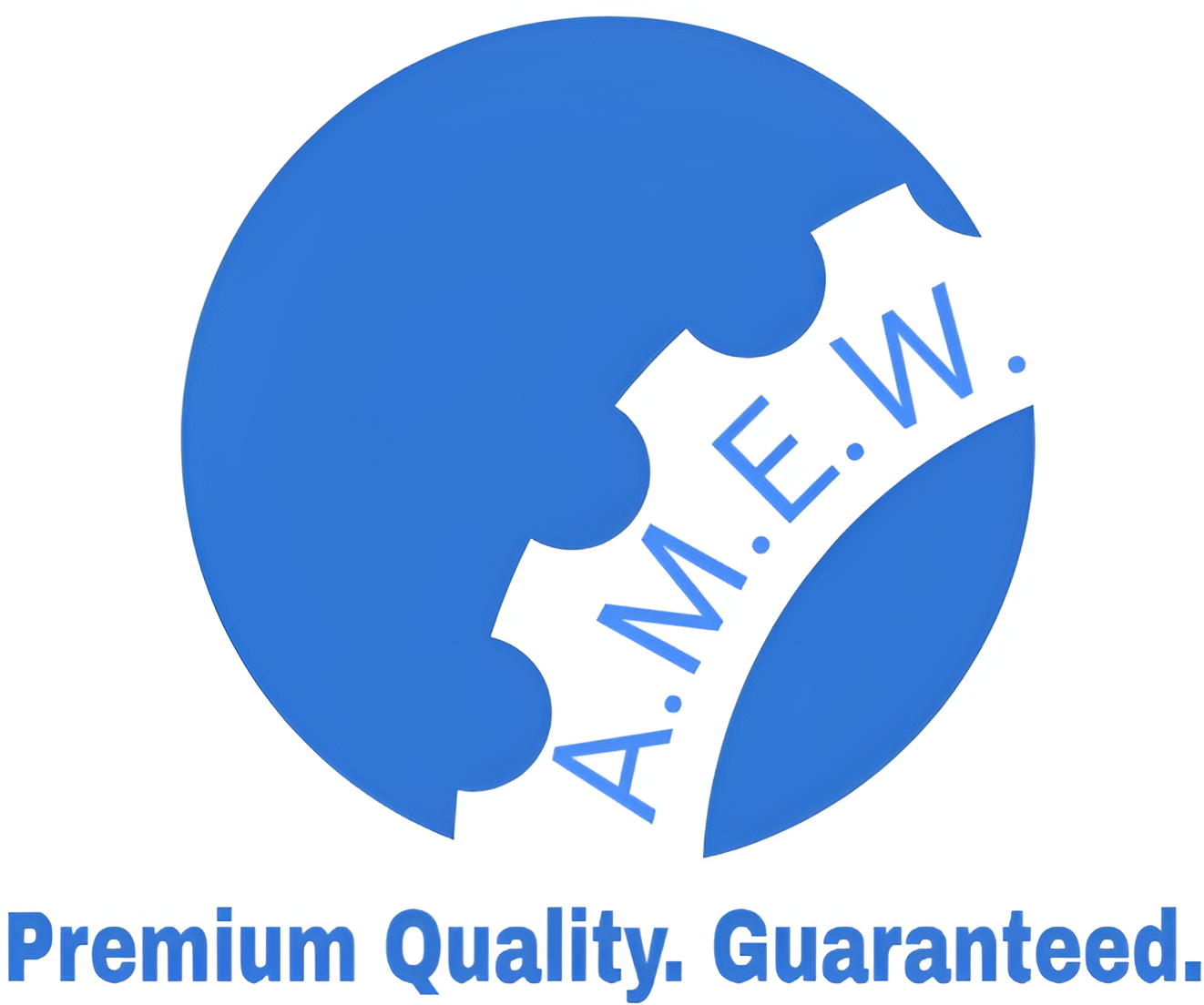Closed Die Forging – Process, Benefits, and Applications
Introduction to Closed Die Forging
Closed die forging, also known as impression die forging, is a popular metalworking process used to produce high-strength and precise components. This forging method involves placing heated metal between two or more dies (molds) that form the metal into the desired shape under high pressure. The dies are specifically designed to create complex and accurate parts with superior mechanical properties.
Closed die forging is widely used in industries such as automotive, aerospace, oil and gas, agriculture, and heavy machinery. Its ability to produce near-net shapes with minimal machining makes it a cost-effective and reliable method for manufacturing critical components.
What is Closed Die Forging?
Closed die forging is a forging technique where a heated metal billet is compressed between pre-shaped dies. Unlike open die forging, where the metal is shaped freely, closed die forging uses impression dies that precisely define the shape of the finished product. The process is ideal for creating parts that require high strength, durability, and intricate geometries.
Closed Die Forging Process – Step by Step
1. Heating the Metal
The metal billet (such as steel, aluminum, or titanium) is heated to a specific temperature to make it malleable. Proper heating ensures better formability and reduces the risk of defects.
2. Preforming the Billet
The billet is preformed or shaped into a rough outline of the final component before being placed into the die cavity.
3. Die Preparation
The upper and lower dies are pre-heated and coated with lubricants to prevent sticking and ensure smooth metal flow during forging.
4. Forging (Impression Forming)
The billet is placed between the dies, and high pressure is applied using a forging hammer or press. The metal flows into the cavity of the dies, taking the desired shape.
5. Trimming and Finishing
Excess material (flash) that squeezes out of the die is trimmed away. The forged part may then undergo heat treatment, machining, or surface finishing to achieve the required dimensions and properties.
Advantages of Closed Die Forging
1. High Strength and Durability
The process refines the grain structure of the metal, resulting in superior mechanical properties compared to cast or machined parts.
2. Precision and Accuracy
Closed die forging offers near-net shapes with minimal machining requirements, reducing waste and production time.
3. Cost-Effective for Large Production Runs
While the initial tooling cost for dies may be high, it becomes highly economical for medium to large-scale production due to consistent quality.
4. Material Efficiency
Less material waste compared to casting or open die forging.
5. Capability to Produce Complex Shapes
Can manufacture intricate components with tight tolerances, which are often challenging to achieve with other methods.
Applications of Closed Die Forging
Closed die forging is used to manufacture a wide range of components that demand high performance and reliability, including:
-
Automotive Components: Crankshafts, connecting rods, gears, and steering knuckles.
-
Aerospace Parts: Turbine blades, landing gear components, and structural parts.
-
Oil and Gas Equipment: Valves, flanges, and pipe fittings.
-
Agricultural Machinery: High-strength components for tractors and harvesting equipment.
-
Industrial Tools: Hammers, wrenches, and other hand tools.
Materials Used in Closed Die Forging
Several metals and alloys are suitable for closed die forging, such as:
-
Carbon Steel and Alloy Steel: For high-strength components.
-
Stainless Steel: For corrosion-resistant applications.
-
Aluminum and Titanium Alloys: Commonly used in aerospace due to their strength-to-weight ratio.
-
Copper and Brass: For electrical and decorative components.
Closed Die vs. Open Die Forging
| Feature | Closed Die Forging | Open Die Forging |
|---|---|---|
| Shape Control | High precision with complex shapes | Limited shape complexity |
| Production Volume | Best for medium to large runs | Ideal for small batches |
| Material Waste | Less waste due to precise shaping | More waste due to trimming |
| Cost | Higher initial die cost | Lower initial tooling cost |
| Applications | Automotive, aerospace, oil & gas | Large simple parts (shafts) |
Latest Innovations in Closed Die Forging
The closed die forging industry has evolved with advancements in technology to enhance efficiency and quality:
-
CNC Machining for Die Design: Enables accurate and complex die creation.
-
Automation: Use of robotic arms for increased consistency and reduced human error.
-
Simulation Software: Predicts metal flow and reduces defects.
-
Advanced Heat Treatment: Improves material properties and lifespan of components.
Challenges in Closed Die Forging
While closed die forging offers numerous benefits, some challenges include:
-
High Tooling Costs: Dies are expensive to design and manufacture.
-
Lead Time for Die Production: It takes time to create precision dies.
-
Size Limitation: Not ideal for very large components compared to open die forging.
Why Choose Titan Steel for Closed Die Forging?
At Titan Steel, we specialize in manufacturing high-quality closed die forgings that meet the toughest industrial standards. Our expertise covers a wide range of metals and industries, ensuring strong and reliable components for every application.
Why Titan Steel?
-
Advanced forging facilities and precision dies.
-
Competitive pricing for bulk production.
-
Expertise in automotive, aerospace, and industrial parts.
-
Quick turnaround and excellent customer support.
Contact Us
Looking for premium closed die forging solutions for your project?
👉 Get a Quote or call +91 7385863226.
Email us at sales@titansteel.in or visit:
Plot No. 15, Khan Compound, Taloja M.I.D.C., Navi-Mumbai 410208, Maharashtra, INDIA.
Final Thoughts
Closed die forging is an essential manufacturing process for creating high-strength, reliable, and precision-engineered components. With its ability to produce near-net shapes and complex designs, it remains a top choice for industries that demand performance and durability. Partnering with a trusted supplier like Titan Steel ensures access to world-class forging expertise.

